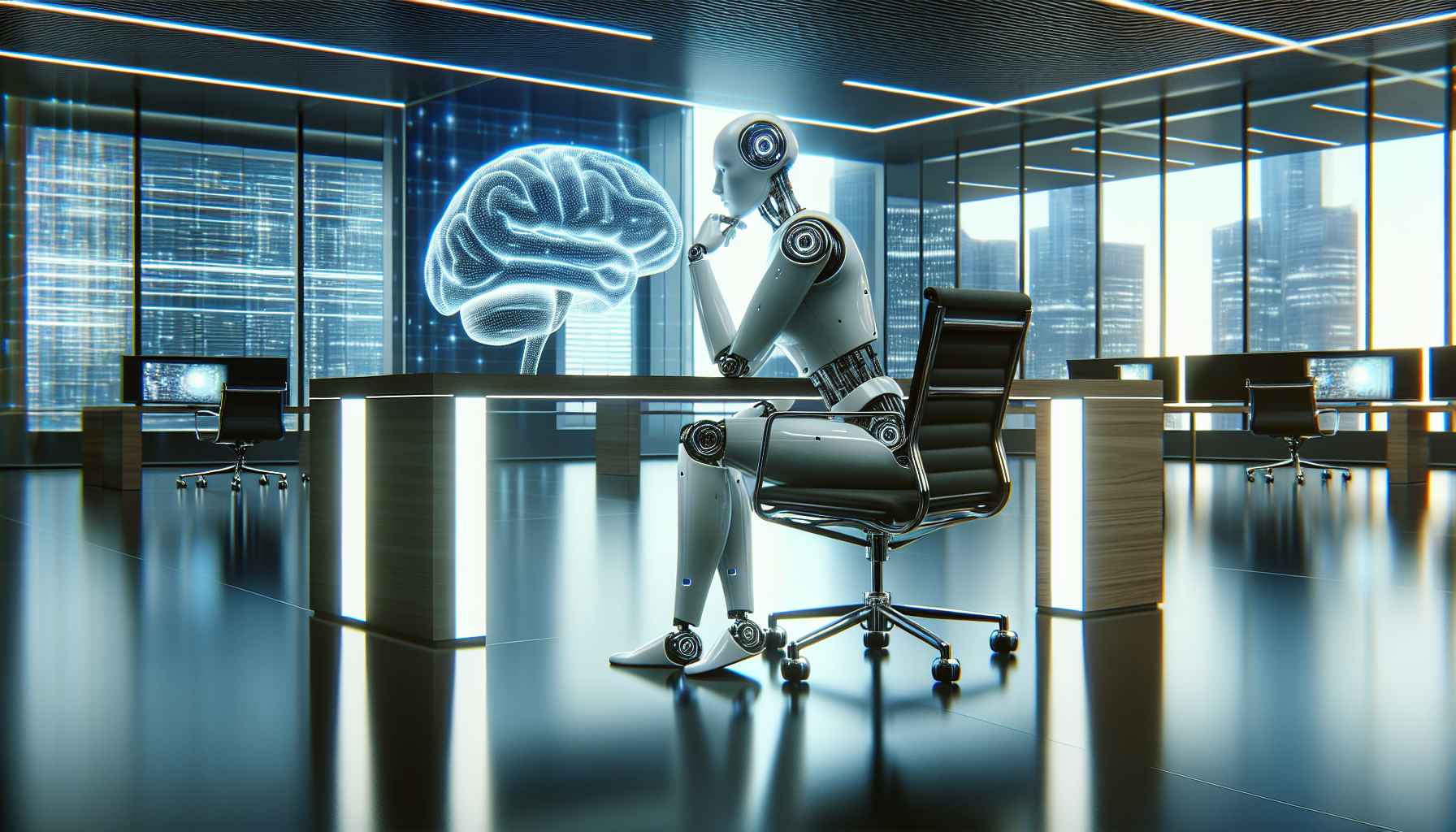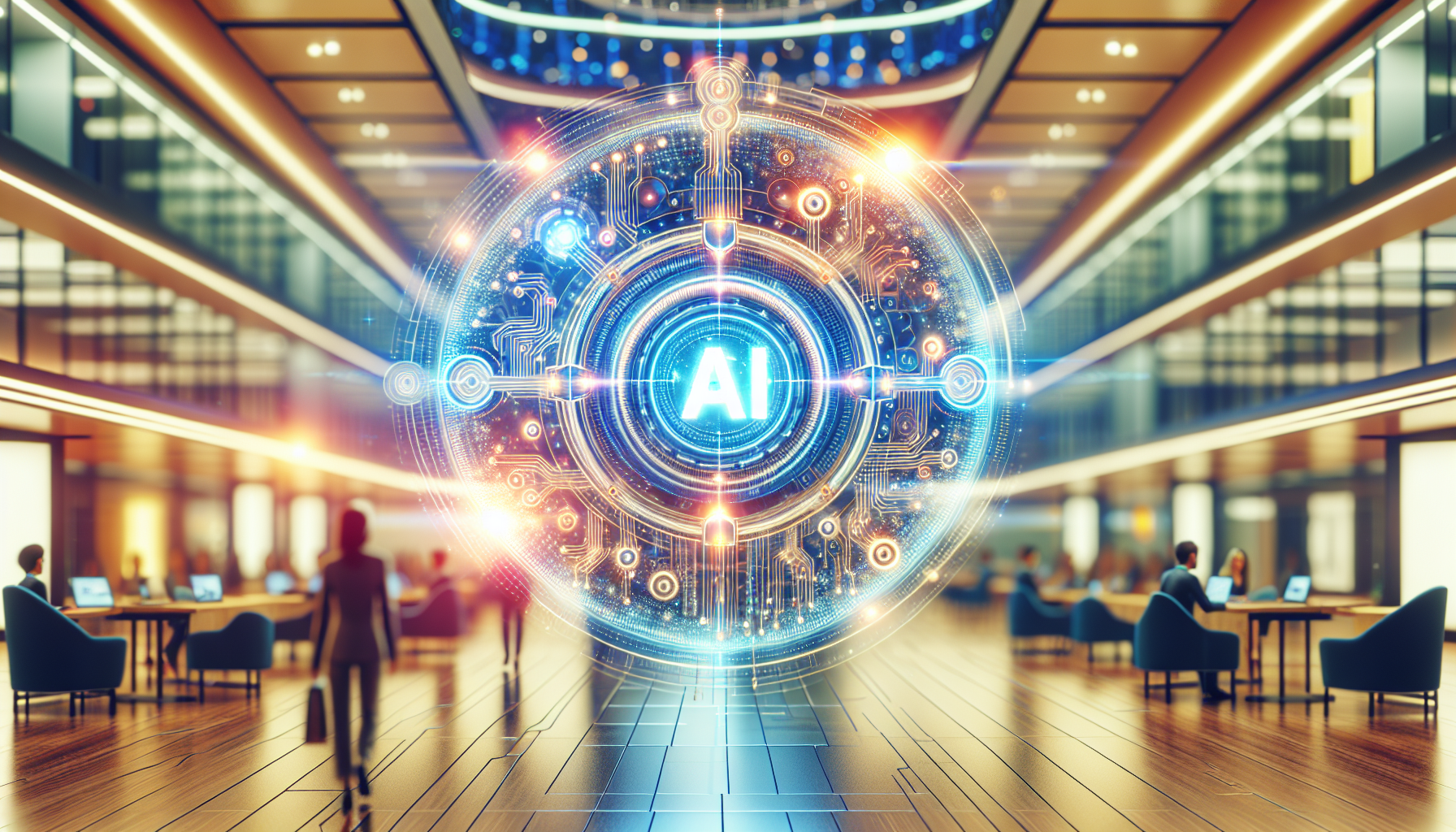
Cognitive Computing: A Double-Edged Sword in Artificial Intelligence
September 7, 2025
Artificial intelligence, a field perpetually perched on the cutting edge of technological advancement, stands on the cusp of yet another revolution: cognitive computing. This paradigm shift purports to mimic human thought processes in a digitized format, promising unprecedented advancements across industries. Yet, beneath the sheen of potential, cognitive computing harbors complexities and challenges that demand a critical examination.
Cognitive computing systems are designed to process vast volumes of data, recognize patterns, and learn from experience—much like the human brain. They employ self-learning algorithms, data mining, and natural language processing to simulate human cognition. This is not just about creating smarter machines; it’s about creating machines that think in nuanced, human-like ways.
Proponents argue that cognitive computing could transform healthcare by providing personalized treatment plans based on individual genetics and lifestyle. It could revolutionize customer service through hyper-personalized interactions and decision-support systems. However, the same features that make cognitive computing so promising also make it potentially perilous.
One significant concern is the inherent bias embedded within cognitive systems. These systems learn from datasets that reflect the biases of their human creators, whether intentional or not. If a cognitive computing system is trained on biased data, those biases can be magnified and perpetuated. For instance, if a medical decision-support system is trained on datasets predominantly from one demographic, its recommendations might not be universally applicable, leading to skewed healthcare outcomes.
Moreover, the opacity of cognitive systems poses a critical challenge. Unlike traditional algorithms where the input and output can be easily traced, cognitive systems operate in a black-box manner. This opacity makes it difficult to understand how conclusions are reached, raising ethical concerns, particularly in fields like law and medicine, where accountability and transparency are vital.
Another point of contention is the potential erosion of human jobs. While automation has long been a concern, cognitive computing threatens not just routine tasks but also complex decision-making roles. As these systems become more adept at mimicking human thought, the line between human and machine capabilities blurs, potentially displacing skilled professionals in sectors ranging from finance to journalism.
The ethical implications extend beyond employment. Cognitive computing could exacerbate existing inequalities. As companies race to adopt these technologies, those unable to afford them could fall further behind, deepening the digital divide. This raises questions about access and equity, challenging the notion that technological advancement inherently benefits society at large.
Privacy concerns also loom large. Cognitive systems require vast amounts of data to function effectively, often sourced from personal information. The potential for misuse or unauthorized access to sensitive data is a significant risk, particularly as these systems become more integrated into daily life.
Despite these challenges, dismissing cognitive computing entirely would be myopic. The potential benefits are too significant to ignore. However, a cautious, critical approach is necessary. We must ensure that these systems are developed with an emphasis on fairness, transparency, and accountability. Regulation and policy must evolve alongside technology to safeguard against misuse and ensure that cognitive computing serves the broader good.
A balanced discourse is crucial. While it’s easy to be swept away by the promise of cognitive computing, it’s equally important to scrutinize its pitfalls. Industry leaders, policymakers, and the public must engage in ongoing dialogue to address these concerns.
Cognitive computing represents a double-edged sword in the realm of artificial intelligence. Its potential to drive innovation and solve complex problems is matched by its capacity to exacerbate existing issues and create new challenges. As we stand at this crossroads, the path we choose will shape the future of AI and its role in society.
Is cognitive computing the panacea for our most pressing challenges, or are we courting an era of unprecedented complexity and inequality? The answer may determine not just the future of artificial intelligence but the fabric of our society itself.


